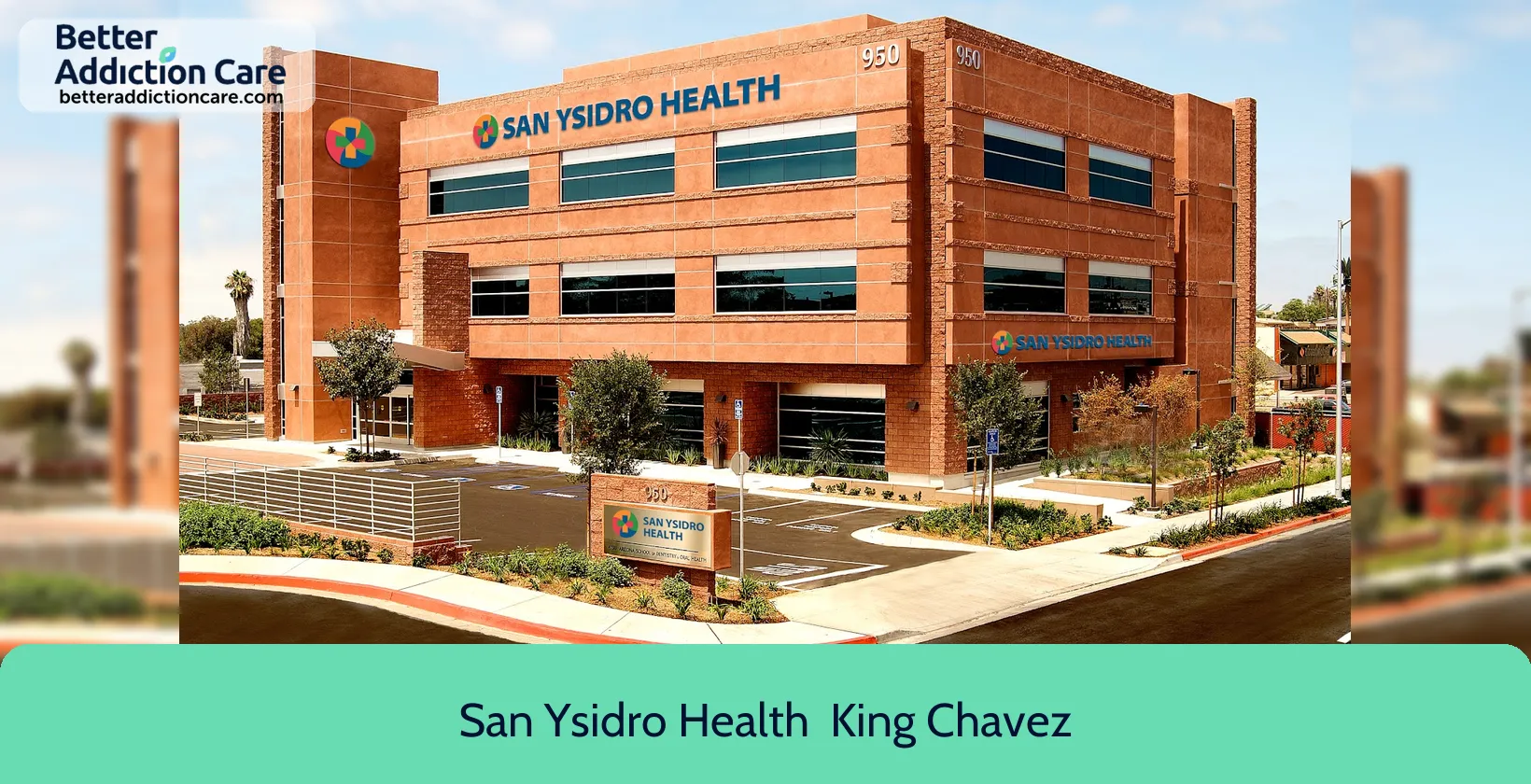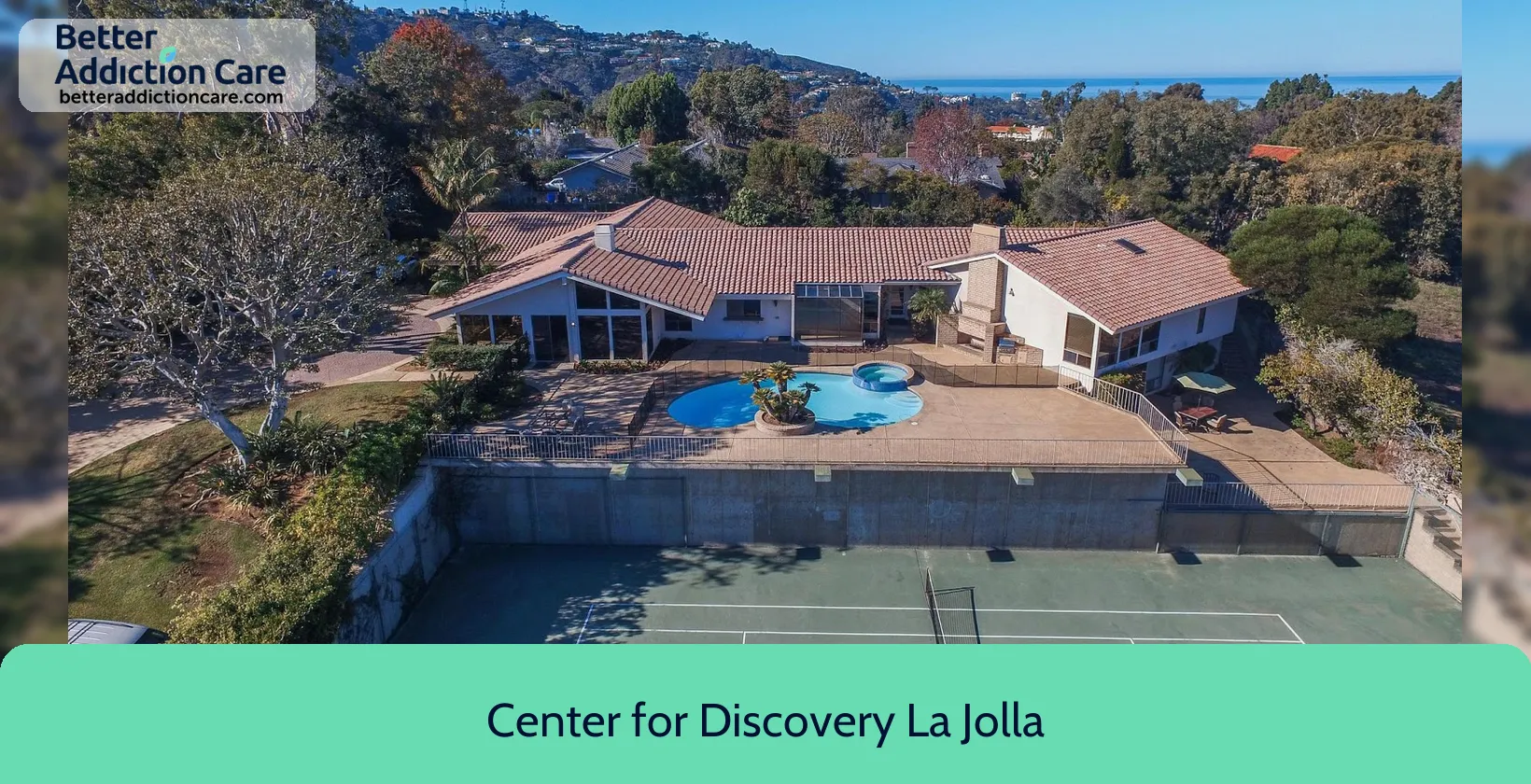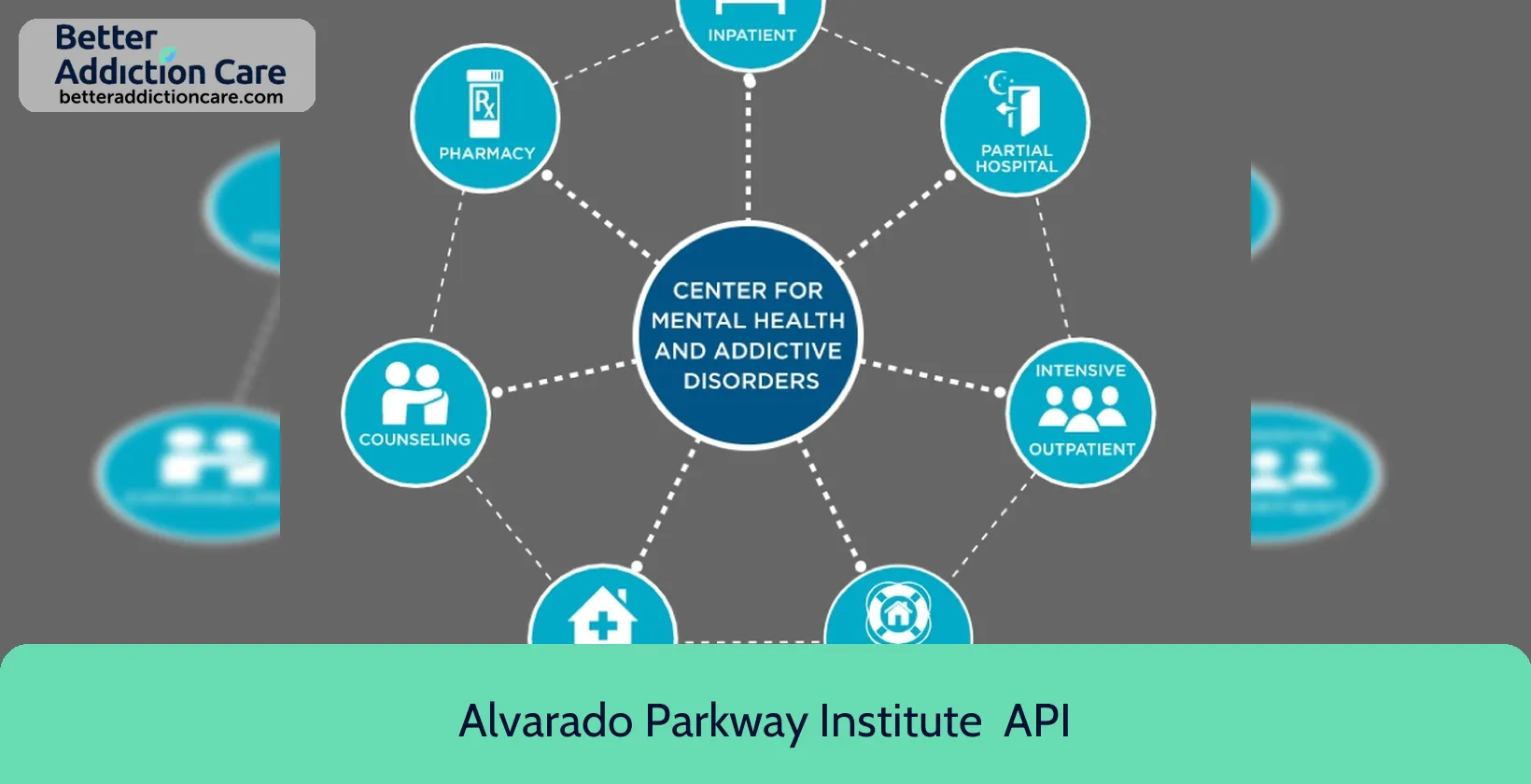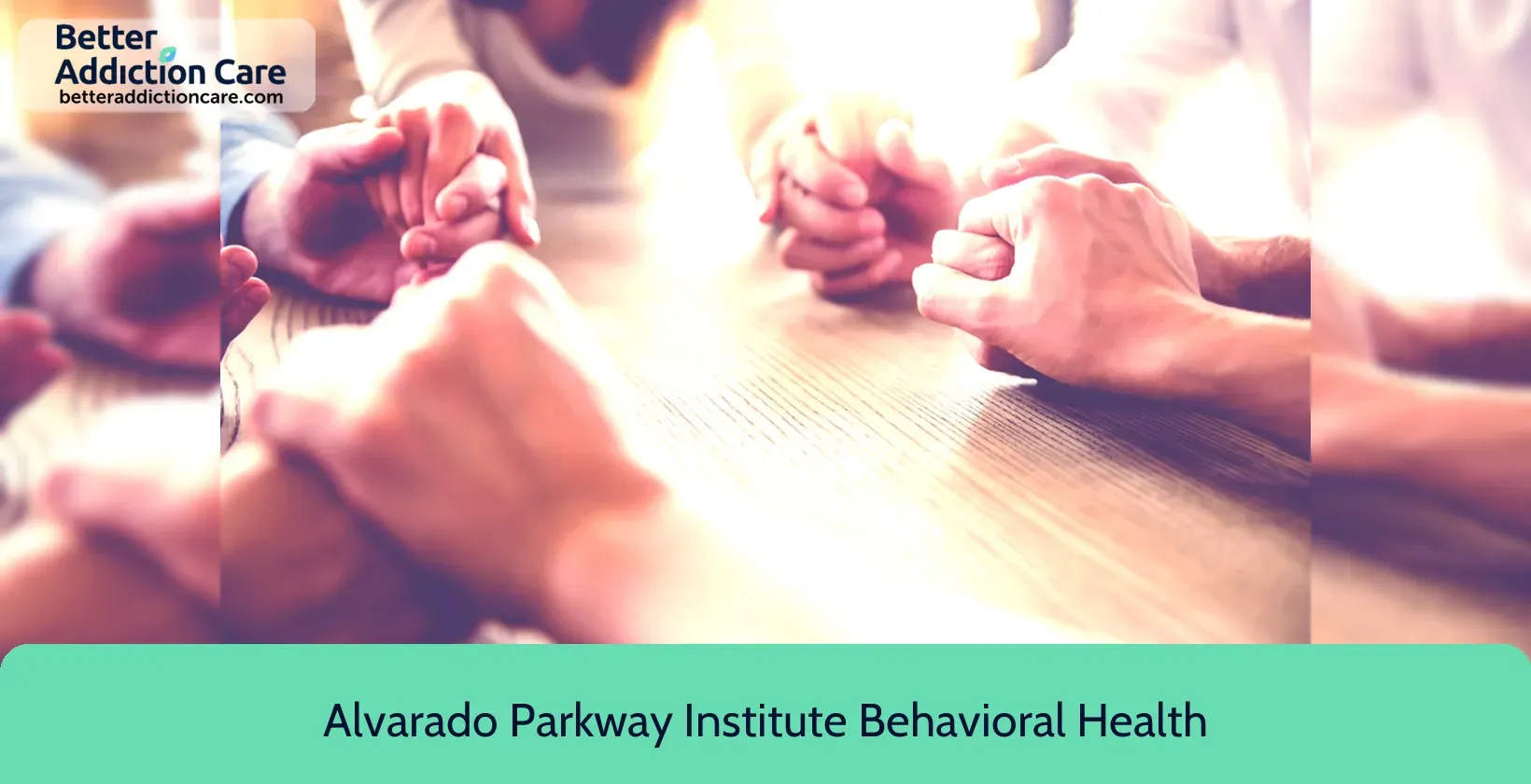Alvarado Parkway Institute - API - PATH

Overview
In San Diego, California, the Alvarado Parkway Institute offers a wide range of addiction and mental health programs specifically designed for adults. The facility focuses on outpatient care through its Intensive Outpatient Program (IOP) and other outpatient programs. It treats conditions like PTSD, anxiety, stress, and substance use disorders. The institute's goal is to provide individualized care plans that meet the needs of each person, regardless of gender or religion.
Cognitive Behavioral Therapy (CBT), anger management, anxiety and stress management, distress tolerance, emotional regulation, coping skills, mindfulness, addictive disorder treatment, relapse prevention, and outreach support are some of the ways that the Alvarado Parkway Institute helps people get better. The center also helps with managing medications. Specialized trauma therapy, limited round-trip transportation, and meals during treatment sessions are some of the best things about the school. The Alvarado Parkway Institute follows strict rules for care and service quality because it is accredited by The Joint Commission.
Alvarado Parkway Institute - API - PATH at a Glance
Payment Options
- Private health insurance
- Cash or self-payment
- Medicare
- Medicaid
- Aetna
Assessments
- Comprehensive mental health assessment
- Comprehensive substance use assessment
Age Groups
- Adults
- Young adults
Operation
- Private for-profit organization
Highlights About Alvarado Parkway Institute - API - PATH
6.74/10
With an overall rating of 6.74/10, this facility has following balanced range of services. Alcohol Rehabilitation: 8.00/10, Drug Rehab and Detox: 6.00/10, Insurance and Payments: 6.00/10, Treatment Options: 6.97/10.-
Alcohol Rehabilitation 8.00
-
Treatment Options 6.97
-
Drug Rehab and Detox 6.00
-
Insurance and Payments 6.00
Accreditations
The Joint Commission:

The Joint Commission, previously known as JCAHO, is a nonprofit organization that accredits rehabilitation organizations and programs. Established in 1951, its mission is to enhance the quality of patient care and showcase excellence in healthcare delivery.
Treatment At Alvarado Parkway Institute - API - PATH
Treatment Conditions
- Mental health treatment
- Alcoholism
- Opioid Addiction
- Substance use treatment
- Co-occurring Disorders
Care Levels
- Intensive outpatient treatment
- Detoxification
- Aftercare
- Outpatient
Treatment Modalities
- Family counseling
- Individual psychotherapy
- Cognitive Behavioral Therapy
- Dialectical Behavior Therapy
- Group counseling
Ancillary Services
Languages
- Spanish
Special Programs
- Clients who have experienced trauma

Additional Locations
Get Help Now
Common Questions About Alvarado Parkway Institute - API - PATH
Contact Information
Other Facilities in San Diego

6.83

6.76

7.34

7.26

6.88

7.46

6.71

6.62
DISCLAIMER: The facility name, logo and brand are the property and registered trademarks of Center for Discovery La Jolla, and are being used for identification and informational purposes only. Use of these names, logos and brands shall not imply endorsement. BetterAddictionCare.com is not affiliated with or sponsored by Center for Discovery La Jolla.


